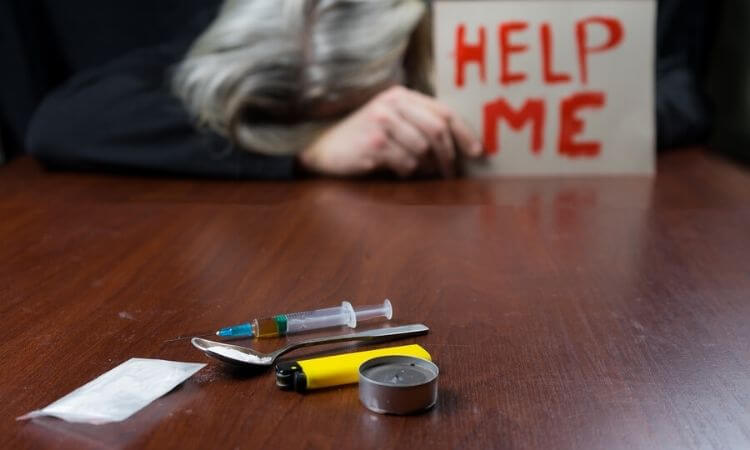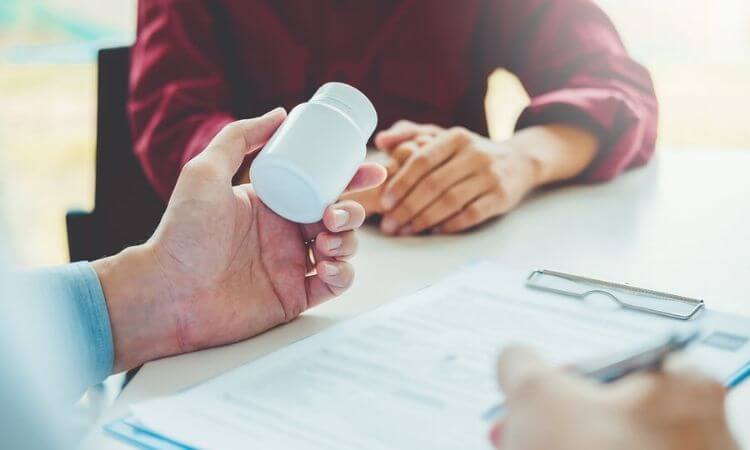
Opioids are a class of drugs that includes both prescription and illegal painkillers. Heroin, hydrocodone, oxycodone, and codeine are a few examples of opioids. Opioid addiction treatment is designed to help the person wean off the drug while working on overcoming the psychological effects of addiction.
Signs of Opioid Addiction
The signs of opioid addiction may be more evident in illicit drug users than in patients dependent on prescription medications. Nevertheless, the signs of addiction are similar for all opioids.
An addict may exhibit some or all of the following symptoms:
- Using more of the drug than prescribed by the doctor
- Crushing pills and snorting or injecting them
- Track marks or small sores on the arms, feet or other areas caused by injecting opioids
- Slurred speech, sedation, sluggishness, a slow pulse, and difficulty keeping the head up
- Complaints of pain and using medication to treat it long after the pain symptoms should have abated
- Spending a considerable amount of time obtaining, using, and recovering from opioid use
- Experiencing adverse life consequences related to opioid use, such as legal problems, financial difficulties, and strained interpersonal relationships
- Refusing to acknowledge that a problem exists despite the aforementioned signs to the contrary.
Physical symptoms may include the following:
- Fatigue and lethargy
- Constipation
- Breathlessness
- Bronchospasm
- Chemical dependence
- Nausea
- Vomiting
- Confusion
- Chest pain
- Respiratory depression
When any of these signs or symptoms of drug abuse are present, it is time to start investigating opioid addiction treatment options.
Help for Opioid Addicts
Regardless of whether it takes place on an inpatient or outpatient basis, opioid addiction treatment begins with detox and addressing the symptoms associated with withdrawal. This treatment involves a process that can last for several days. According to statistical evidence, a detox program provides the best results if medication-assisted treatment is implemented.
All opioid addiction treatment programs should begin with some version of detox. Most individuals suffering from addiction need medical care during the process to prevent relapse, relieve withdrawal symptoms, and forestall any other complications that may occur.
Opioid withdrawal is very unpleasant, and heavy users may encounter the most severe symptoms. Fortunately, detox programs often include medications such as naltrexone and buprenorphine. These are drugs that attach to opioid receptors in the body and reduce withdrawal symptoms and cravings without activating them or inducing euphoria.
In limited doses, these drugs help the body through withdrawal with minimal discomfort. Patients will continue the medical treatment through the next stage of recovery and beyond.

Inpatient Opioid Rehab
Opioid patients, like other drug addicts, receive psychiatric treatment in rehab. This process helps them get to the heart of their addiction, identify alternative ways to cope, and learn the skills needed to prevent relapse in the future.
Exercise, nutrition, mental health evaluations, counseling, and group support supplement the treatment. Medical providers also devise structured pain management programs to help prescription opioid addicts control any ongoing pain that contributed to their addiction.
Inpatient or residential treatment for opioid addiction may go beyond the typical month-long rehab. Opioids take longer to clear the body and require more coping mechanisms and monitoring than many other drugs do. The duration of a patient’s stay depends on the severity of his or her addiction and the underlying factors driving it.
Intensive Outpatient Rehab
People who choose intensive outpatient rehab may still receive medications to prevent withdrawal symptoms and to assist in the recovery process. They reside at home, go to work, and can spend time with friends and family. However, they also have scheduled clinic visits, ranging from daily to twice per week, to receive addiction treatment.
These patients also receive individual and group therapies. They are offered pain management assistance from a doctor and mental health assessments, as well. Individuals in this program can expect to go to the treatment clinic between two and seven days each week for a period ranging from several months to a year.
Aftercare
After completing the program, people can continue treatment with periodic group meetings and visits with a counselor. Some patients choose to stay in sober living homes that provide some level of supervision to help them transition back to society. All patients can take advantage of aftercare planning that will identify local counselors or therapies that can continue their treatment and other resources for long-term support.
Getting Treatment
If you or someone you love is suffering from an addiction to prescription or illicit opioids, contact us as soon as possible to discuss treatment options. Midwood Addiction Treatment offers a complete continuum of care from detox to aftercare.
We employ medical professionals who specialize in addiction and are trained to deliver therapeutic services with care and expertise. We aim to provide all clients with the tools and support they so direly need to overcome addiction and experience long-lasting sobriety and wellness!